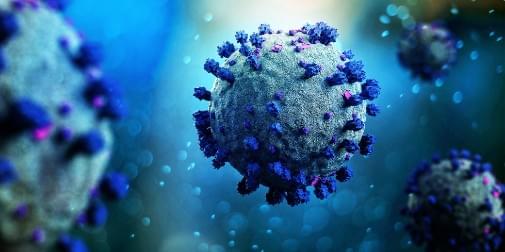Companies and labs are racing to build next-generation devices that track and translate brain activity to help people immobilized by disease or injury handle tasks requiring movement.
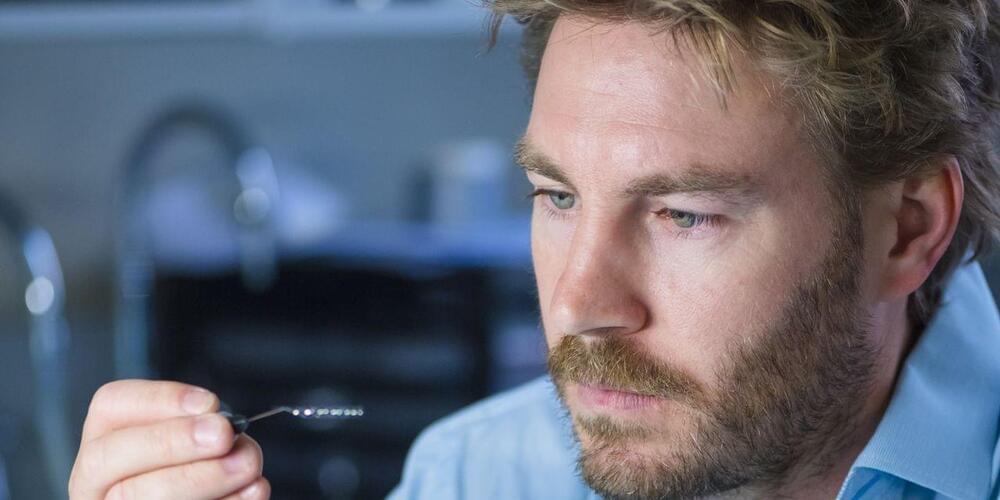

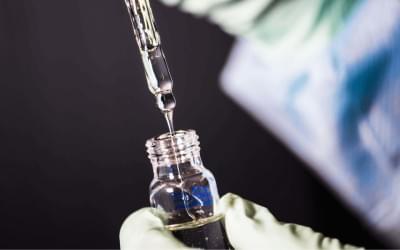
Artificial intelligence (AI) backed drug discovery company Insilico Medicine announced last week that it was dosing the first healthy volunteer in a microdose trial of ISM 001–005. Designed with the help of AI, the drug is a small-molecule inhibitor of a biological target that was discovered by Pharma. AI. The trial is being conducted in Australia.
The AI-designed drug will be used to treat chronic lung disease idiopathic pulmonary fibrosis, or IPF usually leads to progressive and irreversible lung-function decline and affects 20 people out of over 100,000 globally.
Chief Scientific Officer of Insilico, Freng Ren, said in a press release that this drug discovery and trial marks a significant milestone in the AI-drug discovery space. This is because the said candidate is the first-ever AI-discovered novel molecule based on an AI-discovered target.
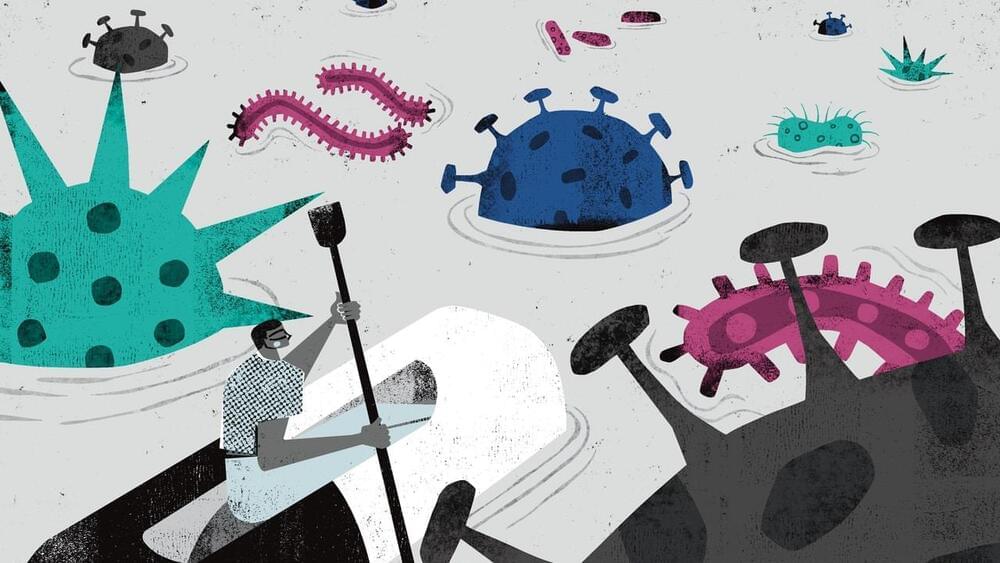

Researchers have discovered that using a thin-film coating of copper or copper compounds on surfaces could enhance copper’s ability to inactivate or destroy the SARS-CoV-2 virus responsible for COVID-19.
In a study that began soon after the pandemic hit in March 2020, University of Waterloo engineering graduate students investigated how six different thin metal and oxide coatings interacted with HCov-229E, a coronavirus that is genetically like SARS-CoV-2 but safer to work with.
“While there was already some data out there on the lifetime of the virus on common-touch surfaces like stainless steel, plastics and copper, the lifetime of the virus on engineered coatings was less understood,” said Kevin Mussleman, the Waterloo mechanical and mechatronics engineering professor who led the study.

The long-acting injectable HIV medications cabotegravir and rilpivirine, which are administered by a healthcare provider once a month, can be successfully implemented in health practises in the United States, according to a study presented at the 11th International AIDS Society Conference on HIV Science (IAS 2021). What’s more, providers and people with HIV encountered few barriers to giving or receiving the injections despite changes in health services during COVID-19.
“Over the course of a year, even with the added challenges of COVID-19, the barriers that providers and patients thought they would face turned out not to be as concerning as originally thought,” Dr Maggie Czarnogorski of ViiV Healthcare said in a press release.
In October 2020, the European Medicines Agency (EMA) approved the injectable combination regimen, which consists of an extended-release formulation of ViiV Healthcare’s new integrase inhibitor cabotegravir (Vocabria) plus an injectable version of Janssen’s non-nucleoside reverse transcriptase inhibitor rilpivirine (Rekambys, sold in pill form as Edurant). The US Food and Drug Administration (FDA) approved the combination, sold in North America as Cabenuva, in January 2021.
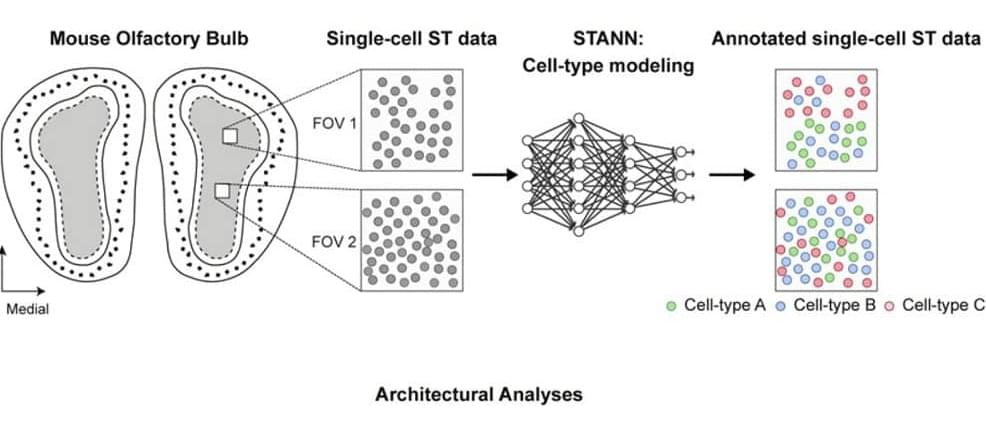
Summary: A new computational method sheds light on the intricacies of brain structure and function.
Source: Baylor College of Medicine.
To better appreciate how a complex organ such as the brain functions, scientists strive to accurately understand both its detailed cellular architecture and the intercellular communications taking place within it.
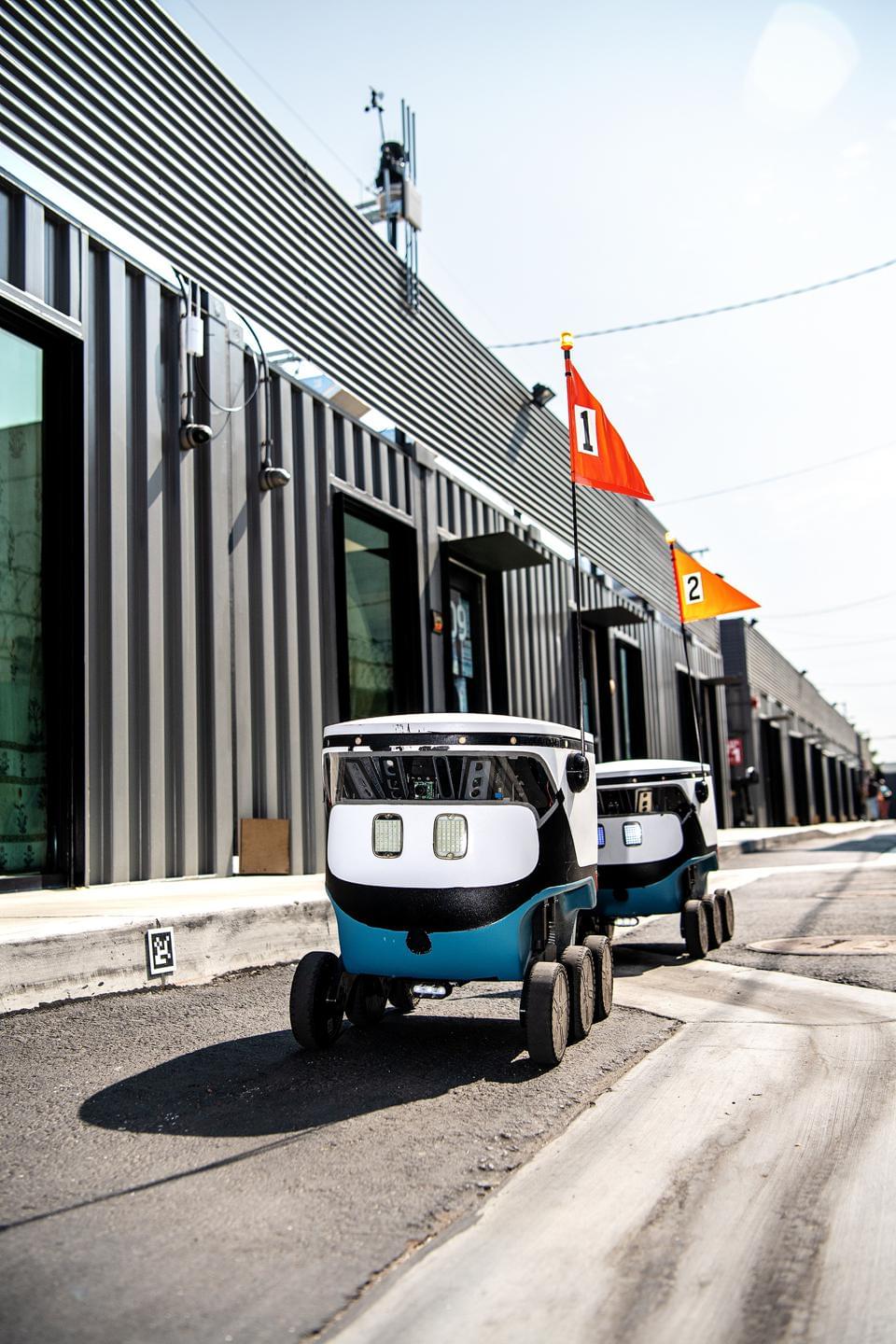
As the holidays approach, gifts are being bought, and plans are being made with family and friends. These typical holiday activities are contributing to the growth of e-commerce — which has already been accelerated by the COVID-19 pandemic. Food now represents an important part of the e-commerce landscape. Chances are if you are planning to see some friends and family, you may already be thinking about where to eat, what to eat, and how best to plan it all. The good news is that there are many more options today than there were even 5 years ago.
Food delivery — from restaurant food to groceries to well-designed ingredient bundles that remove the hassle of meal planning are all available with ‘one click’. Due to COVID and the various restrictions, concern for public health, and even lockdowns millions of people have taken the leap and ordered food online for the first time.
Coming from a mobility perspective, it is interesting to note what is happening in the food industry because at the end of the day it will require new innovations and solutions to deliver the food to people’s doors. And even better will be when those mobility solutions are more sustainable and efficient than what is being used today. With the boom in this sector, it isn’t just about switching from internal combustion engines to zero-emission, but also pushing for new form factors that can further increase efficiency (lowering the cost and energy demand).

Dystopian nightmare or a simple convenience? A Swedish company implanting microchips under the skin has is promoting its devices for use as a COVID-19 health pass in a country with thousands of early adopters.
Amanda Back uses her smartphone to scan a microchip implanted in her hand to reveal her health pass.
